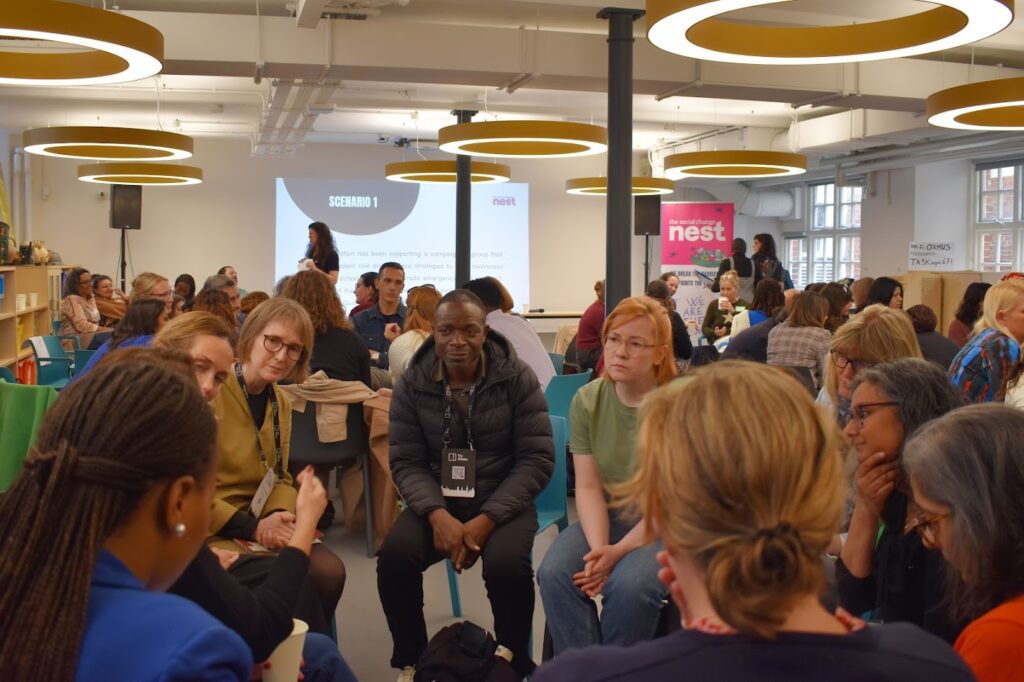What is fiscal hosting?
Heard us bang on about fiscal hosting, but not sure what it actually is? Well, you’ve come to the right place.
Fiscal hosting is where a legally registered organisation holds money on behalf of a community group, social movement or project that doesn’t have the capacity or desire to register as a formal legal entity.
There are lots of reasons why you might want to be fiscally hosted:
- It could be that you’re part of a group that wants to apply for funding, but you don’t have the right legal status.
- It might be that you’re part of a community project that needs to respond quickly to a local crisis, without wasting precious time and resources on becoming a registered charity.
- Or, it could be that you’re fed up with holding money on behalf of your group in your personal bank account, and need a simpler, more transparent way of managing group finances.
Where did fiscal hosting come from?
The term ‘fiscal hosting’ originated in the US, but the practice of grassroots groups partnering with incorporated organisations in order to benefit from their legal status has been happening on an ad-hoc basis in many places for decades.
Though the term fiscal hosting has been commonplace in the US for some time, it has only recently begun to take off in the UK, particularly with the rise of mutual aid groups responding to the COVID-19 pandemic.
In recent years, digital platforms (like Open Collective), have made fiscal hosting simpler and more accessible to a wider variety of grassroots groups.
What’s the difference between fiscal hosting, fiscal sponsorship and a fiscal agent?
You might have heard a few different terms floating around, such as fiscal host, fiscal sponsor and fiscal agent. So what’s the difference?
There’s no real difference between a fiscal host and a fiscal sponsor, and the terms are often used interchangeably. You’re more likely to find ‘sponsor’ in the US, while ‘host’ is the preferred term in the UK.
Another term used in the US is ‘fiscal agent’. The key difference between a fiscal agent and fiscal sponsor is that donations to a project with a fiscal agent are not always tax-deductible, but donations to a project with a fiscal sponsor are. If you’re based in the US and want to learn more about the differences between fiscal sponsors and fiscal agents, see here.
Pretty riveting, isn’t it?
All you really need to know is that these terms all refer to the same practice. At The Social Change Nest, we usually describe ourselves as a fiscal host. We think this better describes the relationship we have with our groups. It’s true that we might ‘sponsor’ a group, i.e. act as a legal guarantor, but we also aim to provide a home where they can manage their money and access the support they need to maximise their impact.
Get fiscal hosting for your community initiative or grassroots movement
Want more funding and less admin?
Read our fiscal hosting FAQ or join our daily webinar to learn more!
- Blogs
Want to chat?
Get in touch with a member of our team to hear more about fiscal hosting for your group.

